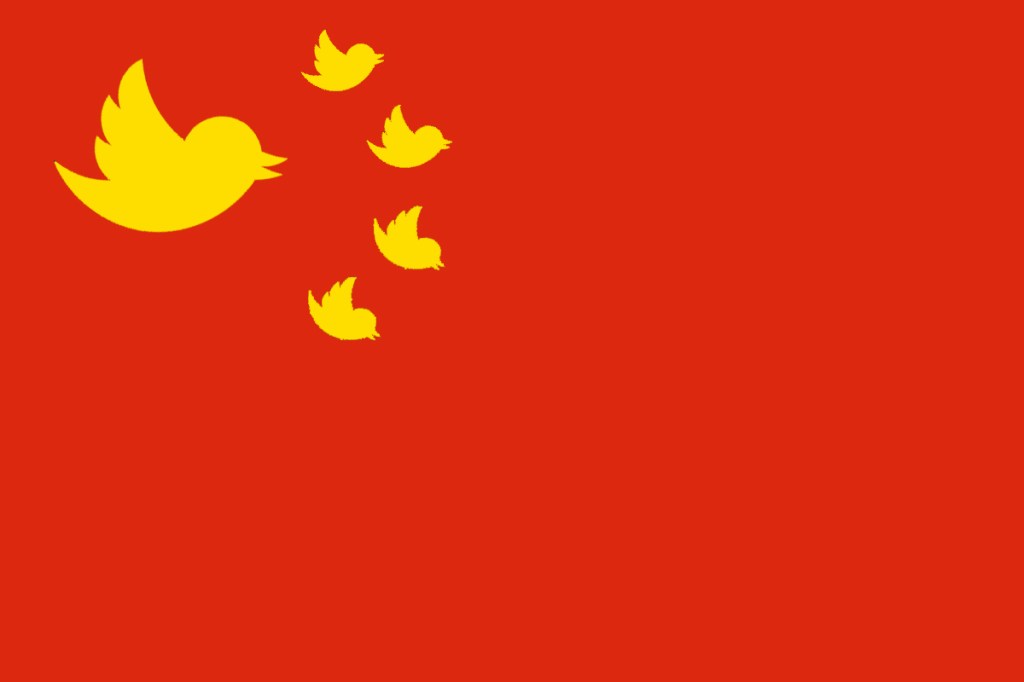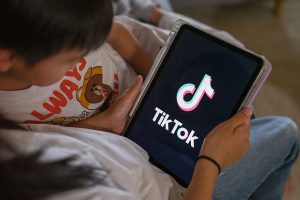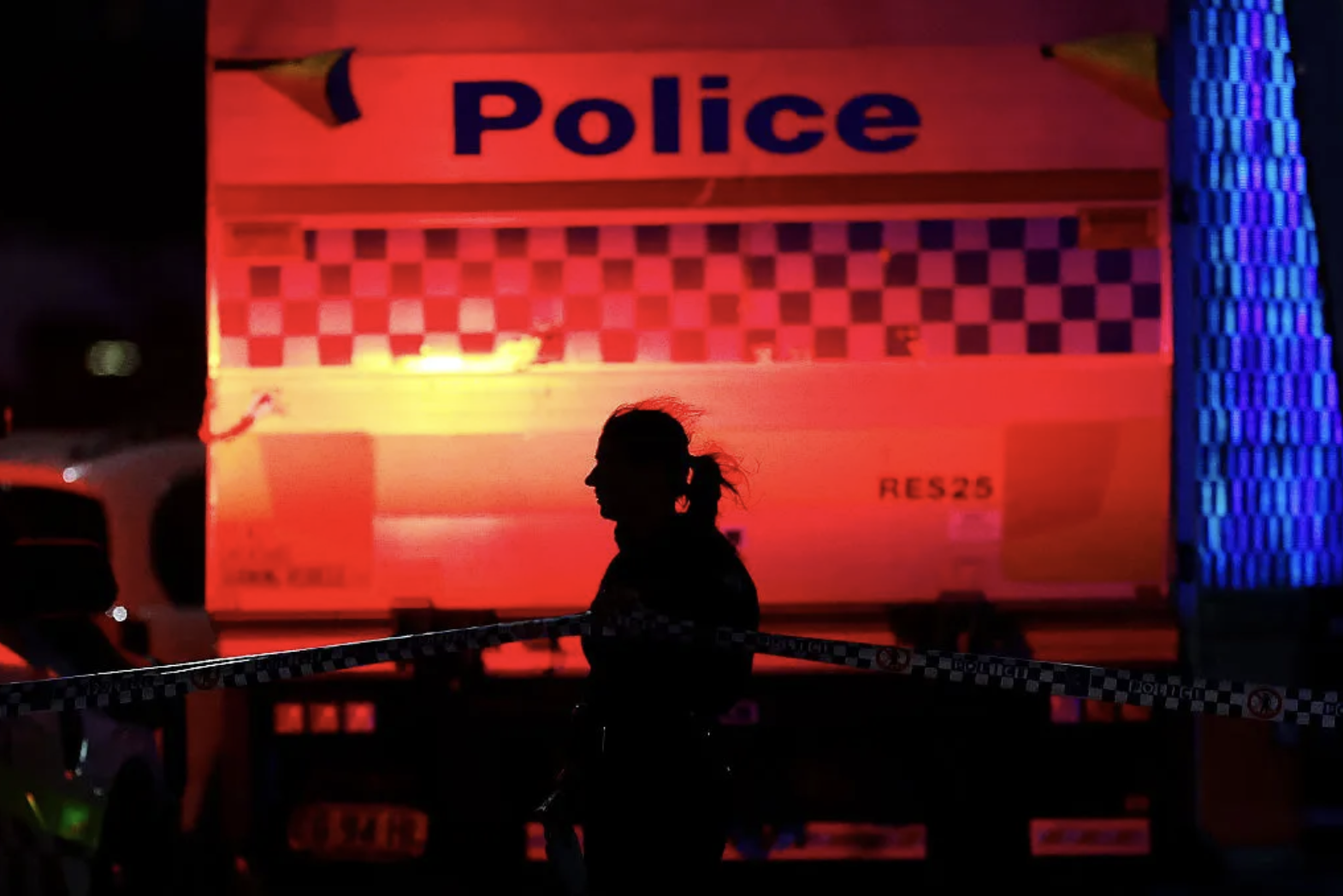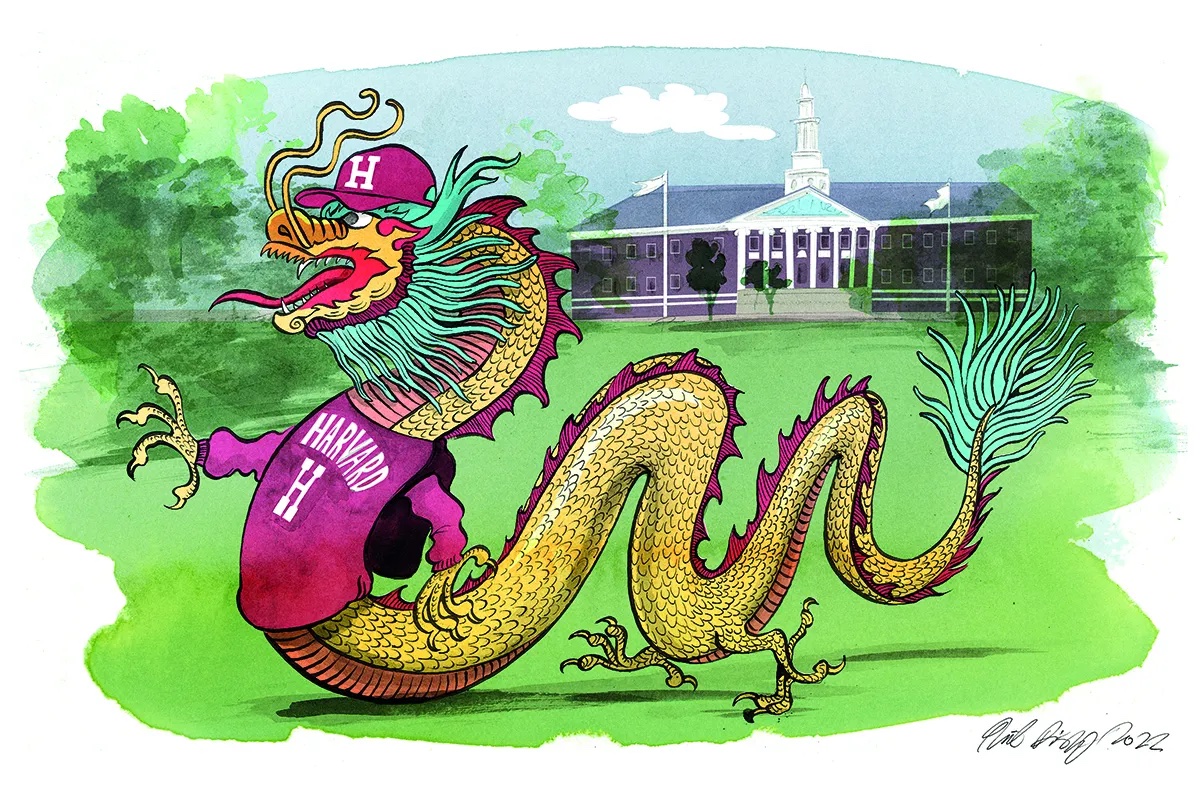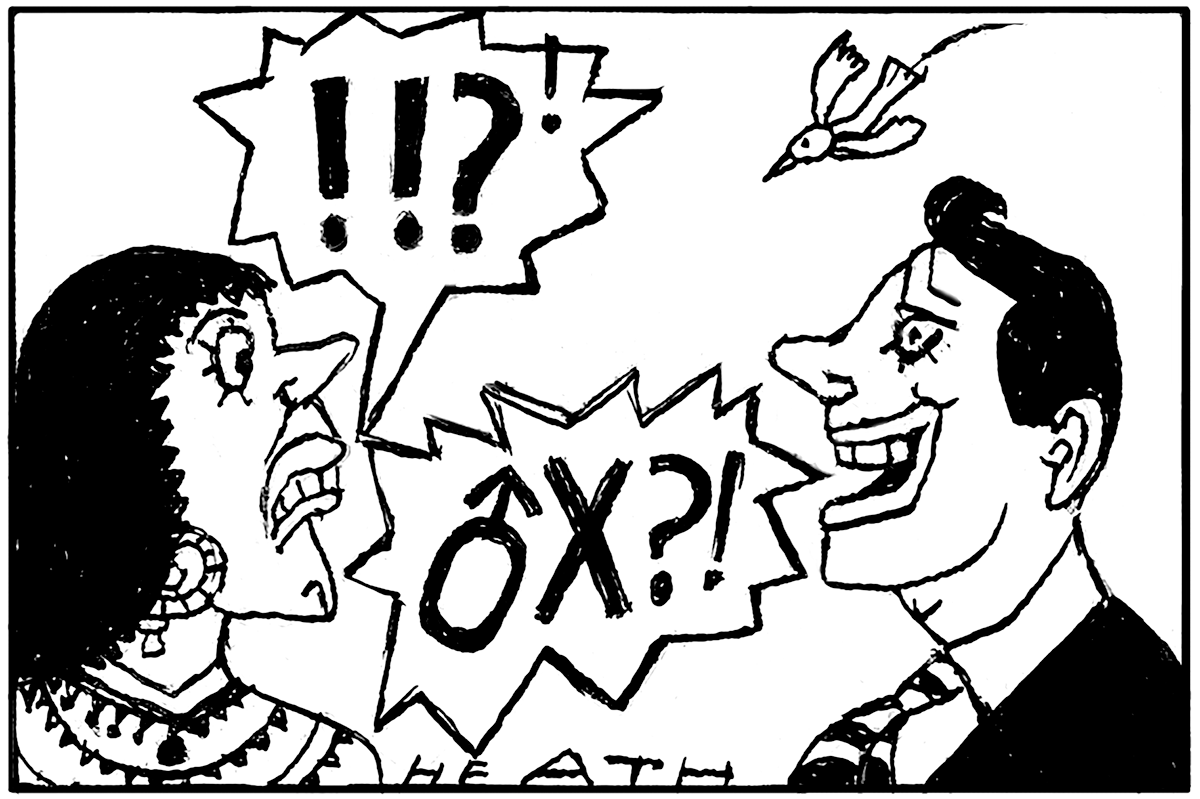Twitter has been quick on the draw when responding to tweets by President Trump in the last month, as he furiously and mistakenly attempts to make his case for winning an election he did not win. Within minutes, Trump’s tweets are flagged as containing disputed information regarding the election. Twitter is very invested in babysitting the President of the United States, sometimes with cause. But the tech giant’s scrutiny of spurious posts from other governments is not as close: if Twitter will not label a tweet as containing false or ‘disputed’ information, it is by default suggesting that it is accurate.
This is the dilemma Jack Dorsey has created for himself in assigning his company to be the absolute arbiter of truth. No one denies that the President traffics in half-truths or borderline conspiracies, as do many others who sign up to use Twitter’s service. But some state actors are using Twitter in a far nefarious manner than by simply retweeting favorable news clips.
In the past week, state-labeled accounts from the CCP of China have spread misinformation regarding the origins of COVID-19, pointing the finger at frozen food from Europe and Italy, in an attempt to shield themselves from culpability and obfuscate any investigation into their actions in Wuhan or their virology studies. The posts from Chinese state-run media have gone unchallenged by Twitter, and Twitter’s communications team, whose members apparently don’t like using their own platform, remains silent.
When Chinese foreign ministry spokesman Zhao Lijian posted a photoshopped graphic of an Australian soldier with a knife to the neck of a young child, as part of an ongoing conflict between Australia and China, the topic trended on Twitter’s news feed. It garnered a featured spot in their news section. The tweet prompted a response from Sen. Marco Rubio of Florida in a letter directly addressed to Jack Dorsey about why Chinese state accounts are allowed to spread misinformation on his platform at will, while the President’s account is policed within mere minutes.
[special_offer]
Rubio doesn’t have much authority to enforce Twitter’s rules on its behalf, but just as it comes to banning Twitter accounts along ideological lines, if Dorsey and Twitter won’t begin to enforce their own rules, then someone else will. But Rubio is asking valid questions. Why are Chinese state accounts allowed to spread conspiracies and misinformation against other countries or about the global pandemic they created, while Twitter executives and engineers simply look the other way? The answer might be even more troubling than what it appears to be on the surface.
Earlier this week, the New York Times reported that the likes of Nike and Apple are lobbying members of Congress against the Xinjiang Forced Labor Bill, which addresses American-based companies using forced labor camps, like the ones containing Uighur Muslims in China, to produce their products, or the materials that go into their products. These companies are arguing that the financial hit their supply chains will incur as a result of complete separation from China is not acceptable. Nike and Apple, you will recall, put up a woke facade this summer in the name of raking in millions of social-justice dollars for their products. Twitter does not offer a can of soda, or a pair of high priced trainers, but it’s not inconceivable to imagine that it views cultural investments in China in much the same way that movie studios such as Disney. Currently it’s illegal to use Twitter in China, though many Chinese people do so by using a VPN. Where you see a repressive authoritarian regime and a billion and a half silent citizens, does Jack Dorsey see a business opportunity?
This also isn’t the first instance of Twitter placating Chinese state accounts. In 2019, Twitter removed the accounts of several Chinese dissidents, three days prior to the 30th anniversary of the Tiananmen Square massacre. Twitter claimed it was a routine effort to stop inauthentic and spam accounts, an excuse they’ve used in the past when it comes to censoring certain conservative accounts. Eventually Twitter is going to have to answer for this behavior.



